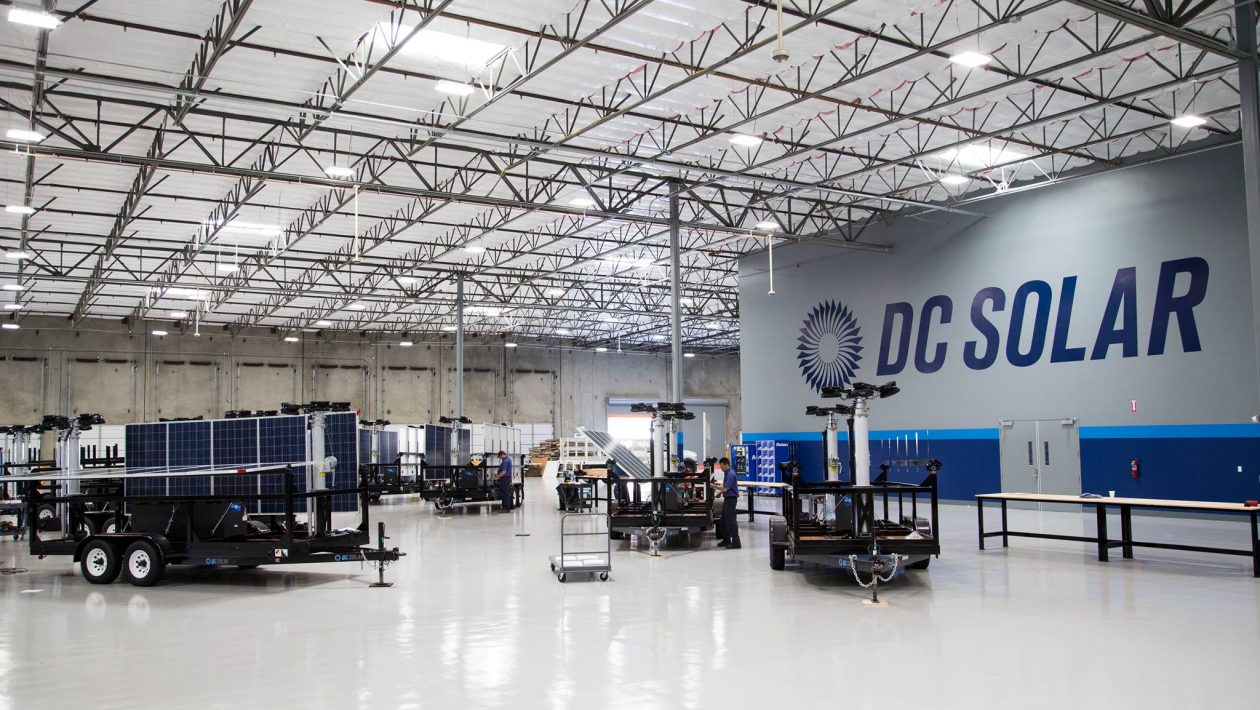MARTINEZ, Calif. – The chief restructuring officer for the companies owned by Jeff and Paulette Carpoff said his clients are asking their case be converted from Chapter 11 to Chapter 7 of the Bankruptcy Code because no sources of financing for the reorganization effort has been found.
Seth R. Freeman, who filed the request in Nevada, is senior managing director in the San Francisco office of GlassRatner Advisory and Capital Group and the chief restructuring officer for 10 companies listed as debtors, including DC Solar Solutions, DC Solar Distribution and DC Solar Freedom, based in Benicia.
He filed his request in the United States Bankruptcy Court District of Nevada, which has been handling the case.
The Carpoffs found their bank accounts and other assets frozen during a raid of both their Martinez home and their Benicia businesses Dec 18, 2019, by the Federal Bureau of Investigation, which has been working with the Internal Revenue Service.
Among the items seized were business vehicles, the mobile solar-powered generators promoted by the DC Solar companies as a powerful and green source of portable electricity and the Carpoffs’ extensive collection of expensive and collectible cars.
The investigation is still active, and while FBI spokespersons said they would not comment publicly on the case, one of their agents filed testimony with the bankruptcy court.
Agent Christopher Phillips testified to the court that the Carpoffs were involved in an $800 million Ponzi scheme that defrauded investors, and creditors include race team owner Chip Ganassi and multiple NASCAR-associated tracks.
Known for contributions to Martinez for the purchase of police equipment and backing community events, the Carpoffs and DC Solar made their promised payment for their share of a holiday ice rink shortly before the FBI raid. Because of a critical parking shortage and other difficulties, the ice rink was not set up in Martinez for the 2018 Christmas-New Year holiday season.
But the Carpoffs still owe the city of Martinez $30,000 in rent and fees for Field 3 of DiMaggio Fields, where Paulette Carpoff’s Pacific Association of Professional Baseball Clubs team, the Martinez Clippers, played its inaugural season, which the league called a successful debut.
The team owner announced last month she would not be fielding a team. The city of Martinez announced Tuesday that an attempt to find other backers in time for the 2019 season has fallen through. Officials have said they remain optimistic that Martinez, birthplace of Yankees legend Joe DiMaggio, could have a professional team use the field in 2020.
Both Chapter 11 and Chapter 7 are forms of bankruptcy declarations.
Chapter 11 allows debtors to try to reorganize their company under protection from creditors with which negotiations for settlements may take place without liquidating assets.
Under Chapter 7, debtor assets are sold to pay lenders and creditors.
In his filing, Freeman said the debtors he represents, Double Jump, described as holdings, and real estate debtors Dora Dog Properties, Dog Blue Properties, Brandy Boy Properties, 475 Channel Road, Park Road and 140 Mason Circle, filed for Chapter 11 relief Jan. 30, while DC Solar Solutions filed Feb. 3, DC Distribution filed Feb. 4 and DC Solar Freedom filed for the same protection Feb. 5.
He said the court agreed the cases could be administered jointly.
Freeman said the Carpoffs operated their businesses and manage their properties as debtors and debtors in possession and that the Chapter 11 requests were started as voluntary cases.
“To date, no creditors’ committee has been appointed in these Chapter 11 cases by the Office of the United States Trustee for the District of Nevada. No trustee or examiner has been appointed in the debtors’ Chapter 11 cases,” he wrote.
He asked that the cases be converted to Chapter 7 status immediately to give a Chapter 7 trustee “as much time as possible to become familiar with the cases due to the numerous deadlines and hearings coming up later this month and in April 2019….”
He said his clients have sought capital sources, solar energy partners and other investors including investors in the funds that currently own the majority o f the Mobile Solar Generators sold and leased by the debtors.
“Despite my best efforts and those of my professionals, none of those avenues has been successful,” he wrote.
While his clients “have millions of dollars in assets,” Freeman wrote that the debtors have no funds with which to reorganize or liquidate, and can’t make basic payments, such as rent, insurance and utilities.”
The assets he mentioned “are largely claimed by the U.S. Government to be subject to civil forfeiture actions,” he explained.
“Unless an accommodation can be reached with the U.S. Government, it is likely that the debtors may be left with only litigation claims,” he wrote, adding that reorganization would not be feasible under the circumstances.





